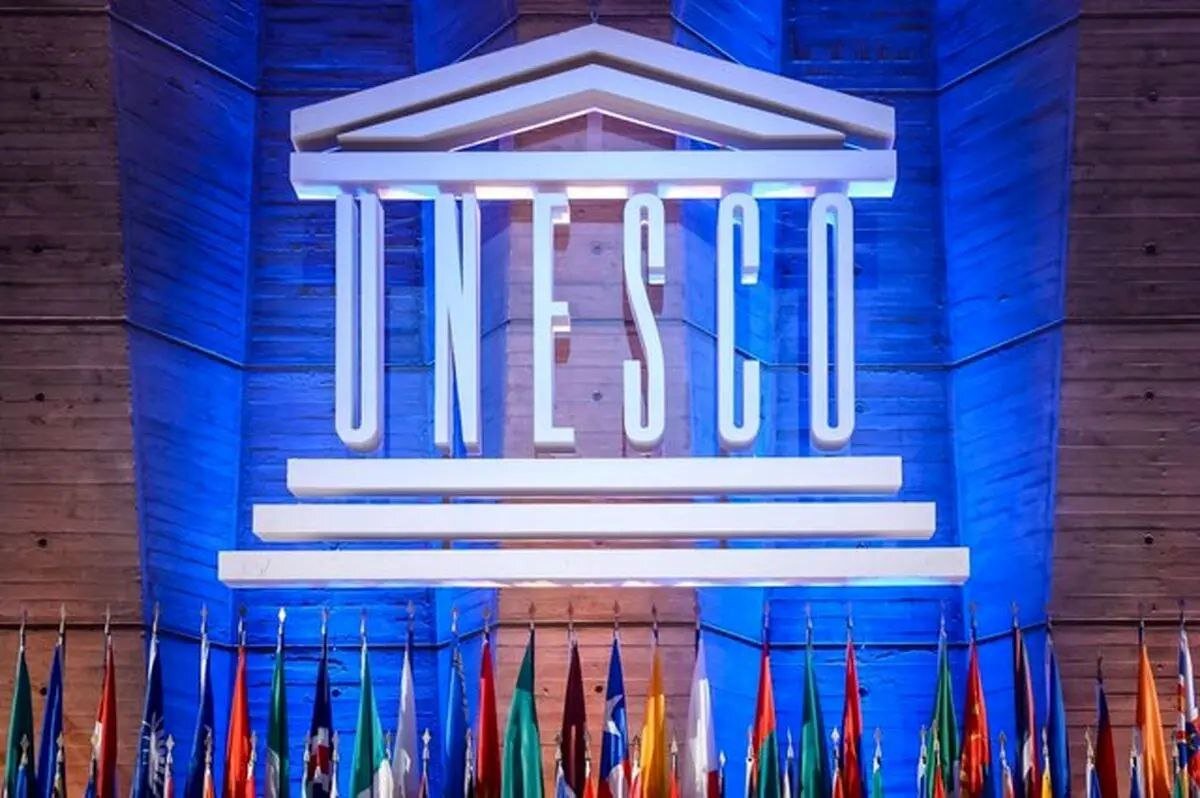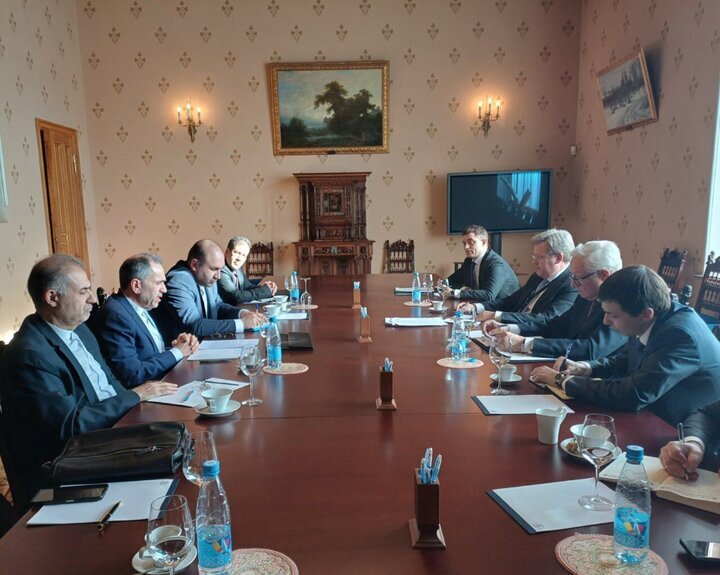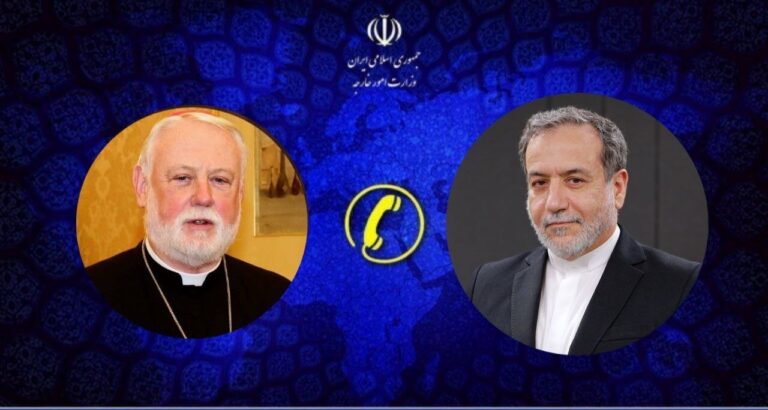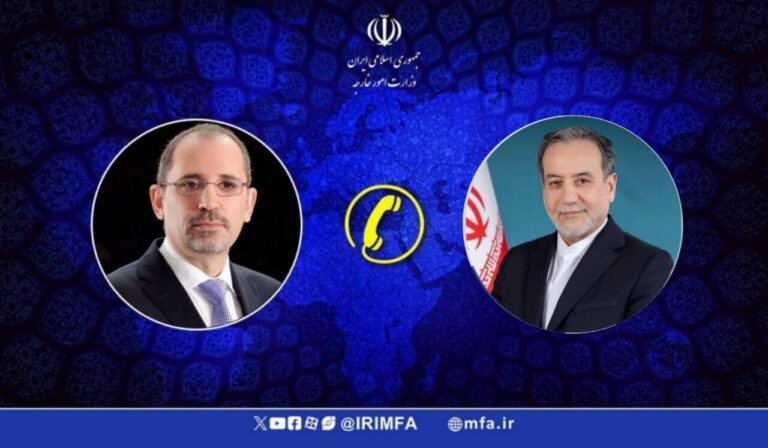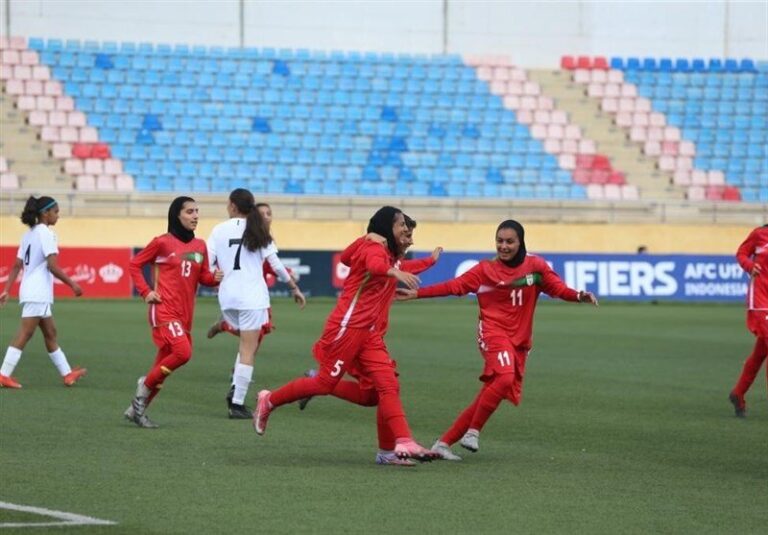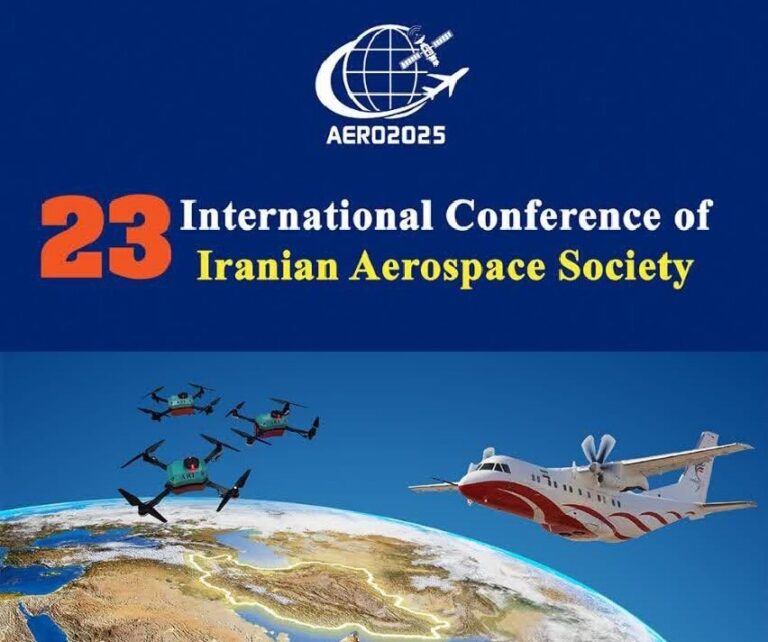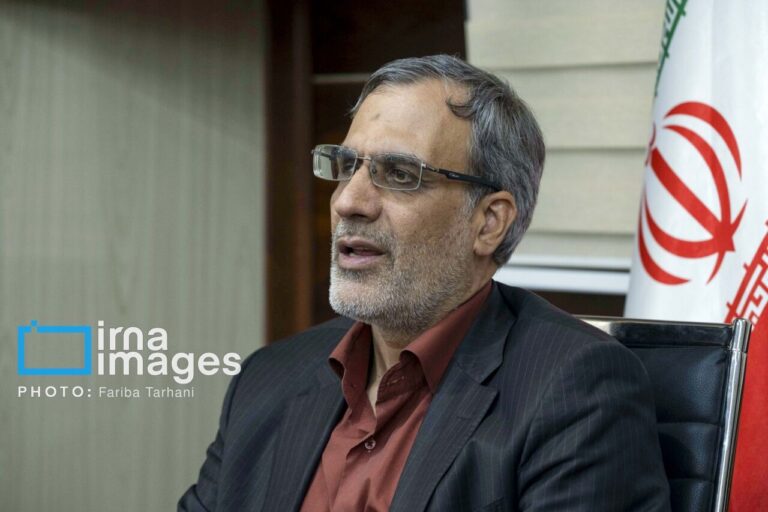UNESCO Welcomes Iran to the 5th World Congress: A Global Celebration of Biosphere Reserves
The upcoming 5th World Congress on Biosphere Reserves (WCBR) is set to take place from September 22-26 in Hangzhou, China, and the head of the UNESCO Tehran Office, Ieng Srong, has extended an invitation to Iran for participation. This significant event aims to enhance global cooperation in protecting our planet and improving human well-being, which is especially crucial for addressing environmental challenges faced by countries like Iran.
During a recent workshop titled “Sustainable Alternative Livelihoods in Iranian Biosphere Reserves” held in Shahroud, Semnan province, Srong emphasized the importance of collaborative efforts to safeguard the Earth. The workshop coincided with the celebration of the International Day for Biological Diversity, which is observed every year on May 22. This year’s theme focused on “Harmony with Nature and Sustainable Development,” highlighting the intrinsic connections between humanity and the natural world.
Key points discussed at the workshop included:
- Challenges Facing Iran: Iran is recognized as a leader in environmental protection, yet it grapples with significant issues such as climate change, water scarcity, and persistent droughts that threaten its ecological balance.
- Importance of Biodiversity: Srong stated that biodiversity and sustainable development are vital for strengthening the relationship between humans and their environment. He identified three crucial aspects:
- Wise use of natural resources
- Enhancement of local economies
- Maintenance of healthy ecosystems
The International Day for Biological Diversity serves as a reminder of the imperative to achieve the Kunming-Montreal Global Biodiversity Framework (GBF) targets, which aim to halt and reverse biodiversity loss. This initiative is closely linked to the broader objectives outlined in the 2030 Sustainable Development Goals (SDGs).
In line with these goals, UNESCO has prioritized environmental education as a fundamental component of its programs in Iran. The focus is on developing sustainable solutions and fostering international collaboration to tackle pressing environmental issues.
According to Hassan Fartosi, the Secretary General of the UNESCO National Commission in Iran, environmental education is an essential learning process that raises awareness about environmental challenges. It empowers individuals with the necessary knowledge, skills, values, experiences, and objectives to effectively address these issues.
Some of the key educational initiatives by UNESCO in Iran include:
- International Hydrology Program: Focused on the sustainable management of water resources.
- International Geoscience and Geoparks Program: Promoting sustainable use of geological heritage.
- Intergovernmental Oceanography Program: Aimed at enhancing ocean health and sustainability.
- International Basic Sciences Program: Supporting the fundamental sciences relevant to environmental challenges.
In addition, the Greening Education Partnership is a significant initiative adopted by UNESCO to assist countries in combating climate change. This partnership aims to integrate sustainable practices into educational curricula and promote environmental stewardship among learners.
As Iran prepares for its participation in the 5th World Congress on Biosphere Reserves, the emphasis on sustainable practices and biodiversity preservation remains at the forefront of discussions. The collaboration between international bodies like UNESCO and local stakeholders is crucial for developing effective strategies to protect the environment.
In conclusion, the commitment to fostering sustainable livelihoods and protecting biodiversity is more critical than ever as countries navigate the challenges of climate change and environmental degradation. Through initiatives like the WCBR and UNESCO’s educational programs, there is hope for a more sustainable and harmonious relationship between humanity and nature.
